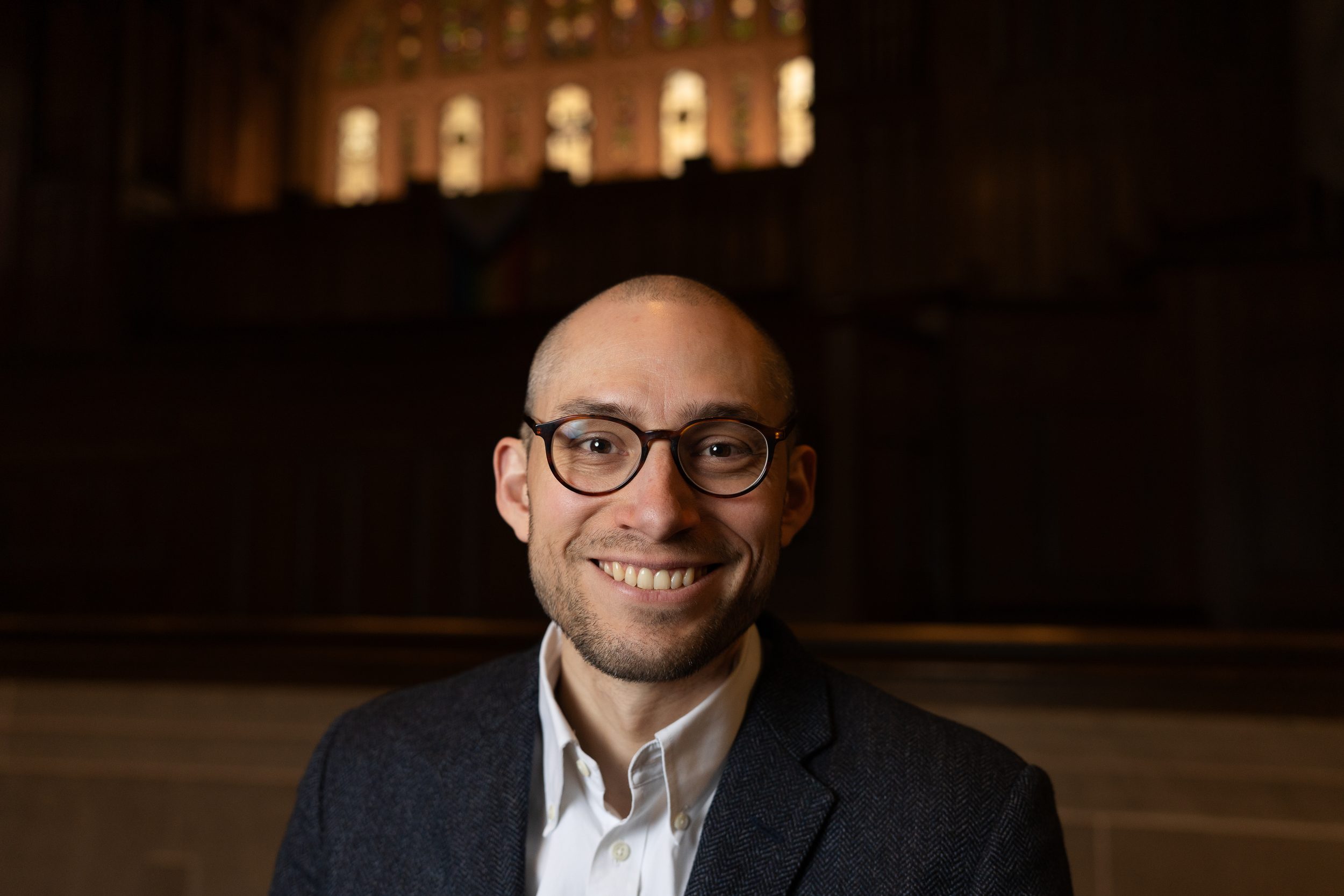
On reddit this week, there have been a number of trending AI videos, mostly made through Google Veo. They are objectively impressive, scary even, for their ability to look real. In a world where easily disprovable untruths are already believed by millions of people (vaccines cause autism, climate change is a hoax, election was stolen…), videos like these make it close to impossible, even for savvy media consumers, to distinguish what is real. And while AI is not yet perfect (see the biker guy’s jacket in the video), it is sobering to recognize how quickly this technology has developed and how it is only at its nascent stage.
It feels as if we are at a cultural moment similar to the advent of the internet and smartphone, where the foundations of how we understand and relate to the world are changing. As a minister, I am both in awe of what humanity is creating and disturbed by how easily truth and reality can, and likely will be, manipulated.
In a conversation at Carls for Religious Understanding a few weeks ago, we talked about the relationship between AI, religion, and morality. Many of us who identify as religious feel somewhat removed and disinterested in AI, predictable perhaps given religion’s emphasis on texts and practices grounded in thousands of years of human history. There is comfort and shelter in being oriented within a way of being human that transcends a particular moment in time. But there was also expressed real skepticism of AI and a feeling that religion had an important role in offering a response.
For some, this concern was because of AI’s negative environmental impact. For others, it was because truth is important and AI makes it easy to deceive. For still others, there was a fear that AI may lead to spiritual, intellectual, and creative laziness – that part of what matters most in life is the process of wrestling with our questions and the journey of creation, rather than having that simply done for us.
Despite these concerns, I believe AI also offers us a unique opportunity. If we can no longer tell what is real or fake online, perhaps we will fall back to what we know to be true. Perhaps, we will find ourselves recommitting to the people and communities in front of us. Perhaps, in our distrust of certain media, we’ll flock to trusted institutions like libraries, museums, community media, and universities, who will find new life and vitality as stewards of truth and reality. Perhaps – hopefully – we’ll come to understand how much authenticity and truth really matters, and begin to live accordingly.